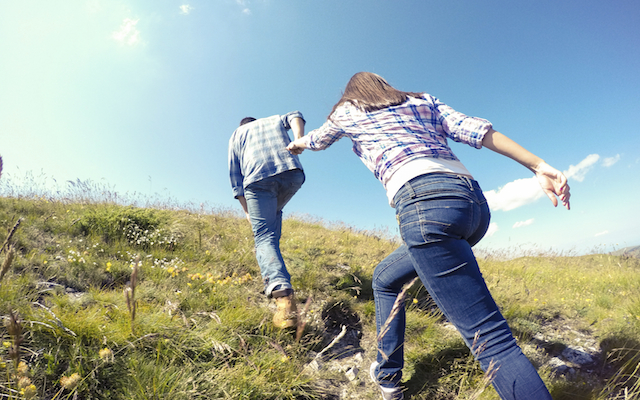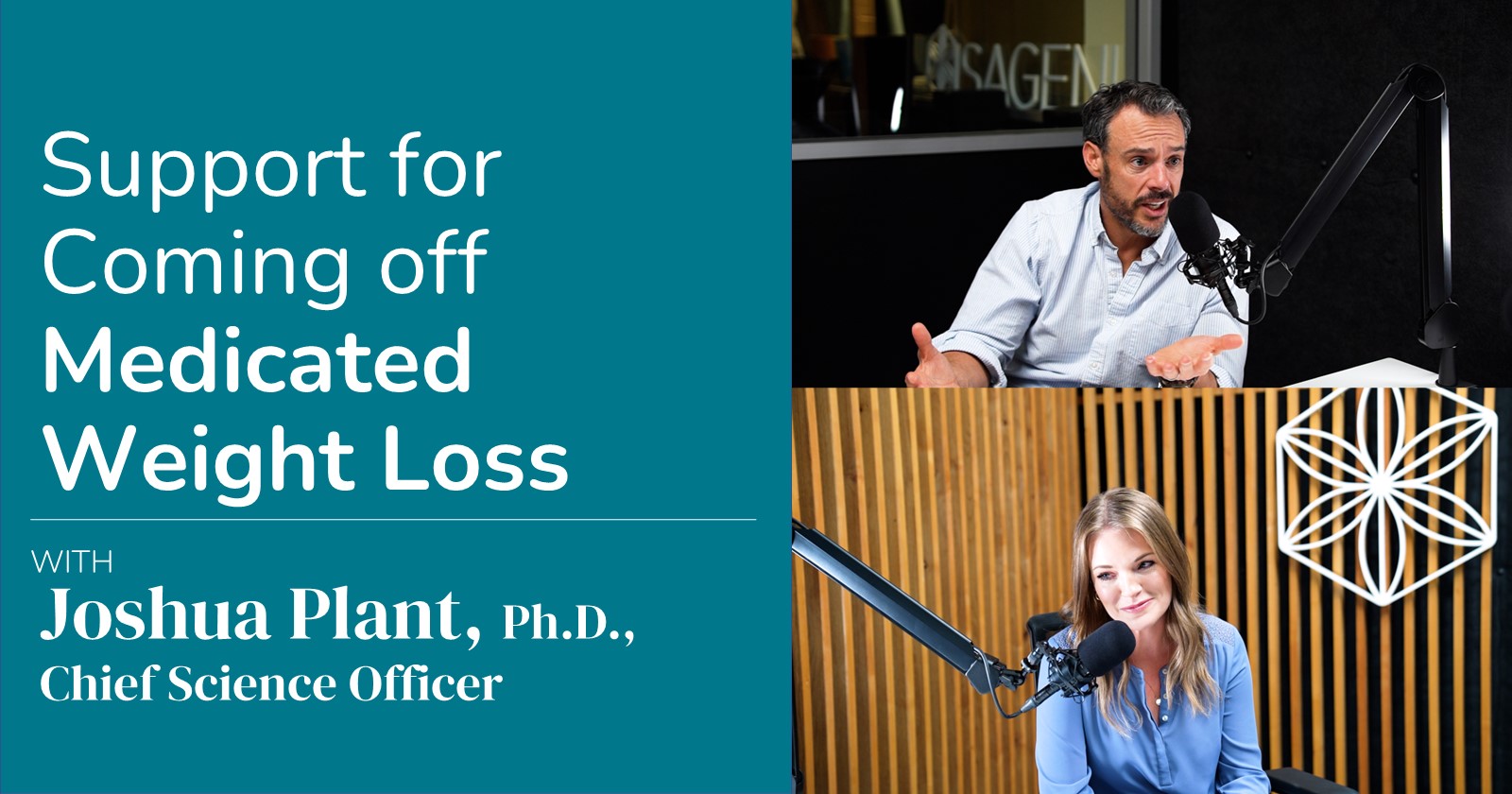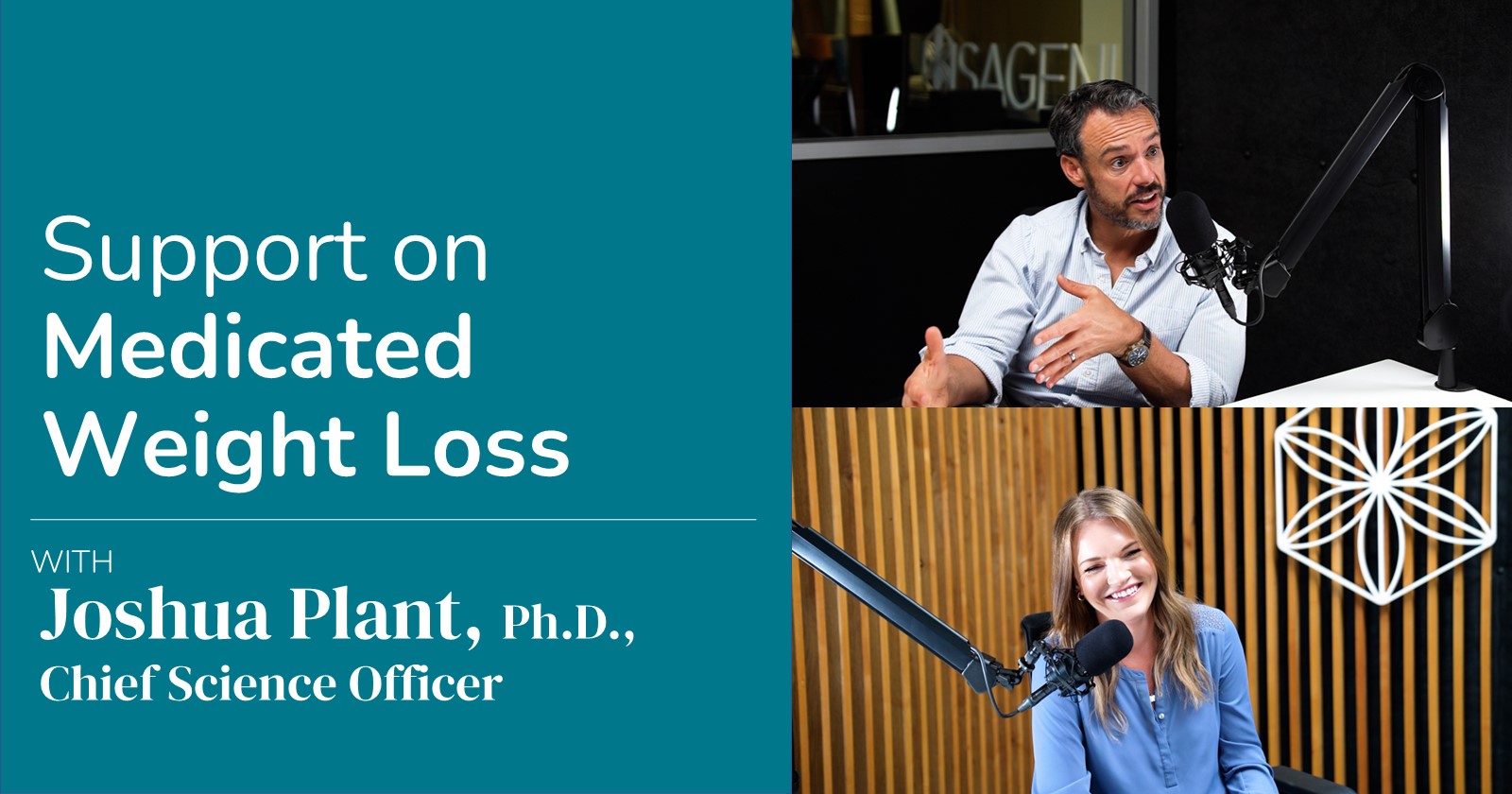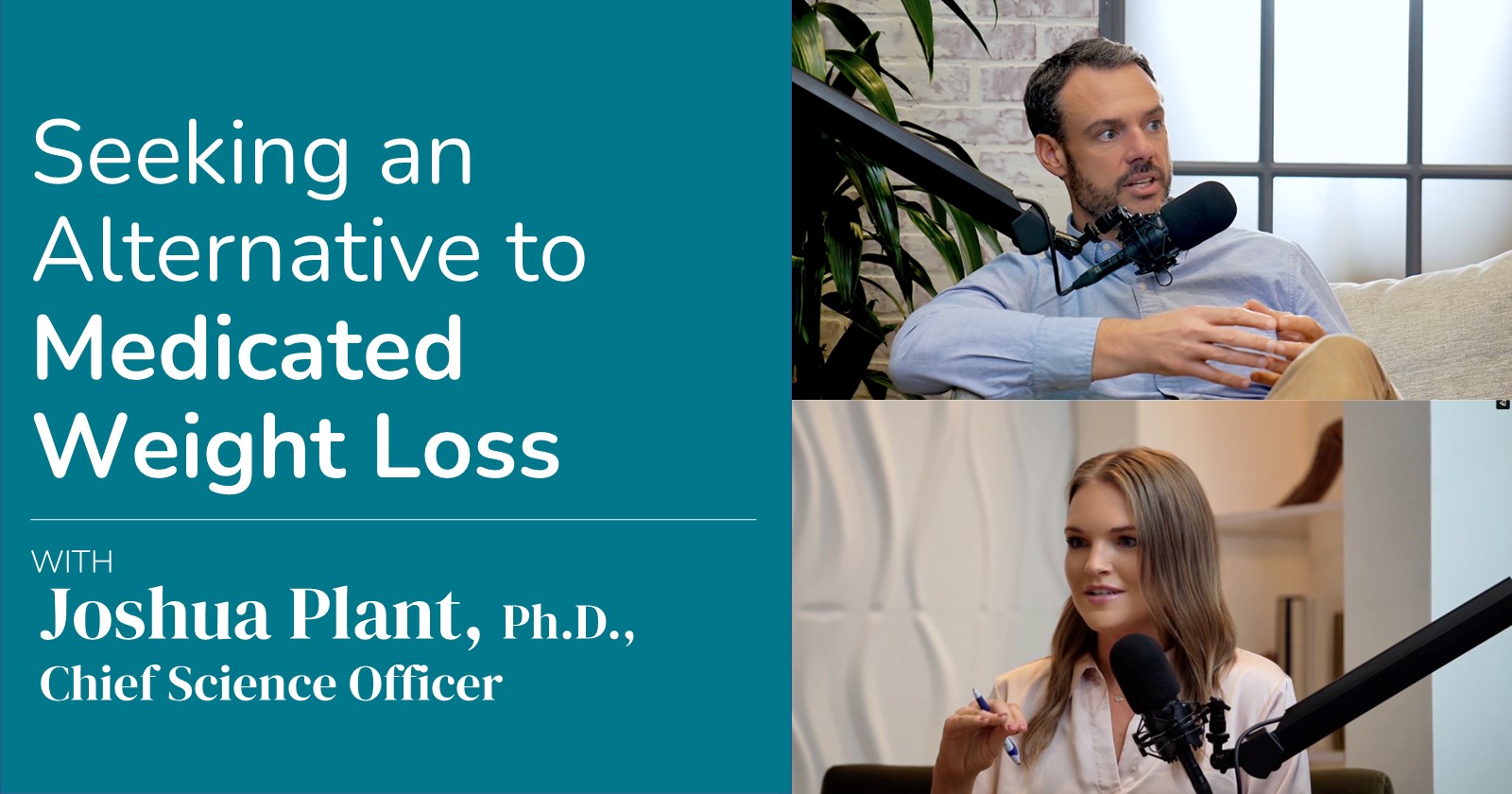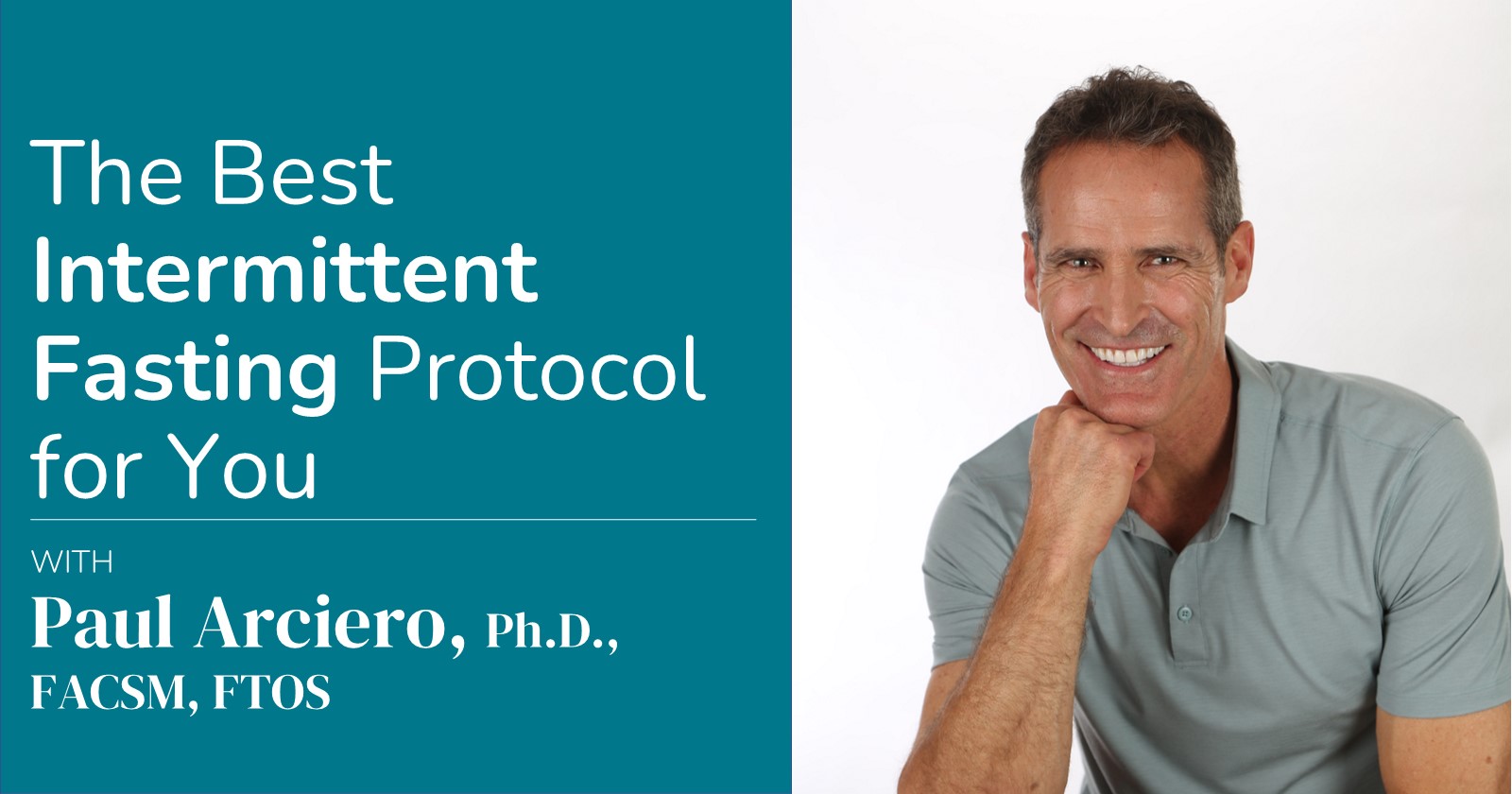Cleanse Days can be mentally challenging. The last thing you ever want is to feel overwhelmed during Cleanse Days, making you more likely to quit. There’s really no reason why you should struggle when trying to do something good for your body – and Cleanse Days have been shown to be highly beneficial to your health (1, 2). So, here’s a tip—instead of dreading Cleanse Days, set them apart as days to look forward to with high anticipation, and as a time of nurturing and exploration.
We’ve identified some simple, enjoyable actions that can help you with this process during your Cleanse Days. These are all actions that scientific studies have shown can make for happier and more successful changes in health behavior. Our hope is that with these actions, you can stop dreading Cleanse Days and start looking forward to them.
Tip 1: Go Outside On Cleanse Days. Make time in nature a must. Those who enjoy nature often have greater overall physical health (3-7). Studies found that those who spend more time outdoors in green environments experience better cognitive functioning, greater self-control, increased self-discipline, better impulse control, and improved overall mental health. Nature has the power to “recalibrate” our outlook, and to increase our physical and psychological feelings of strength and wellness. Research shows that spending time in nature positively helps us to cope with stress, overcome problems, and become more attuned to our body, all of which can help you have a more successful Cleanse Day.
Tip 2: Take a Walk With a Friend On Cleanse Days. Move your body! Exercise benefits the mind and the body way after the fact, providing a feel-good effect for extended periods of time post-activity (7-10). According to a study published in the journal Medicine & Science in Sports & Exercise, exercise can improve mood and can help alleviate the effects of emotional stressors (9). If you put moderate, low-intensity exercise into play on Cleanse Days, you’ll reduce your stress and you’ll be better able to work through any Cleanse Day-related anxiety or emotional challenge. You can enhance the health-boosting effects of your low-impact activity by bringing along a partner. There exists a beneficial synergy between being outdoors, leisure activity, and socializing (7). Leisure activities, for the purpose of social connection and fun as opposed to activities purposed to burn calories, have a greater impact on well-being (8). You’ll have healthier and happier Cleanse Days by prioritizing outdoor leisure activities with friends.
Tip 3: Listen to Music. Do you have an uplifting Cleanse Day playlist? According to a research review from the University of Gothenburg, everyday music listening has the power to enhance both health and well being (11). The study revealed that listening to music not only increases positive emotions, but can lead to lower stress levels, too. It’s probably not a surprise that enjoyable music brings pleasure to you and those around you. But what you might not know is that music can affect blood pressure, pulse, breath, and all of the important, feel-good neurochemicals, such as serotonin, cortisol, and oxytocin, which help us to feel pleasure and assist us in becoming motivated (13). Listening to enjoyable music can even strengthen the immune system, improve mood, inspire socialization, and stimulate the deep sensory channels of the brain that calm and soothe the body (11-15). By using music to keep your brain occupied and happy, you can easily overcome a difficult Cleanse Day!
Remember, you are in charge of your Cleanse Days. What you chose to do on your Cleanse Days may make or break them. Choose positive actions and do not give up, and your Cleanse Days can truly become your favorite days.
References
- Varady KA et al. Alternate-day fasting (ADF) with a high-fat diet produces similar weight loss and cardio-protection as ADF with a low-fat diet. Metabolism 2013;62:137-43.
- Varady KA et al. Short-term modified alternate-day fasting: a novel dietary strategy for weight loss and cardioprotection in obese adults. Am J Clin Nutr 2009; 90:1138-43.
- Carrus G et al. Go greener, feel better? The positive effects of biodiversity on the well-being of individuals visiting urban and peri-urban green areas. Landsc Urban Plan 2015; 134:221-228.
- C3 Collaborative Network. Countryside Recreation. A countryside for health and wellbeing: The physical and mental health benefits of green exercise. Lancet 2015.
- Ward C et al. More green space is linked to less stress in deprived communities: Evidence from salivary cortisol patterns. Landsc Urban Plan 2012; 105:221-229.
- Groenewegen P et al. Vitamin G: effects of green space on health, well-being, and social safety. BMC Public Health 2006; 6: 149.
- Pretty J et al. Green exercise in the UK countryside: Effects on health and psychological well-being, and implications for policy and planning. J Environ Plann Man 2007; 50: 211-231.
- Downward P et al. Is it Pleasure or Health from Leisure that We Benefit from Most? An Analysis of Well-Being Alternatives and Implications for Policy. Soc Indic Res 2015; 1-23.
- Smith JC. Effects of emotional exposure on state anxiety after acute exercise. Med Sci Sports Exerc. 2015; 45 (2): 372-378.
- Stathopoulou G et al. Exercise interventions for mental health: a quantitative and qualitative review. Clin PsycholSci Pract 2006: 13:179-193.
- Helsing M. Music in everyday life: the effects of everyday music listening on emotions, stress, and health. 2011.
- Daykin N et al. Music as a Resource for Health and Wellbeing. International Handbook of Occupational Therapy Interventions. Springer International Publishing. 2015; 825-829.
- Ragalio A et al. Music and health: what interventions for what results? Fron Psycho 2015; 6.:doi.10.3389
- Västfjäll D et al. Emotional responses to music: The need to consider underlying mechanisms. Behav Brain Sci 2008; 31: 559-575.
- Mitchell L et al. Music, health, and wellbeing. Chapter: Cognitive performance after music listening: A review of the Mozart effect. Oxford University Press. 324-338.

